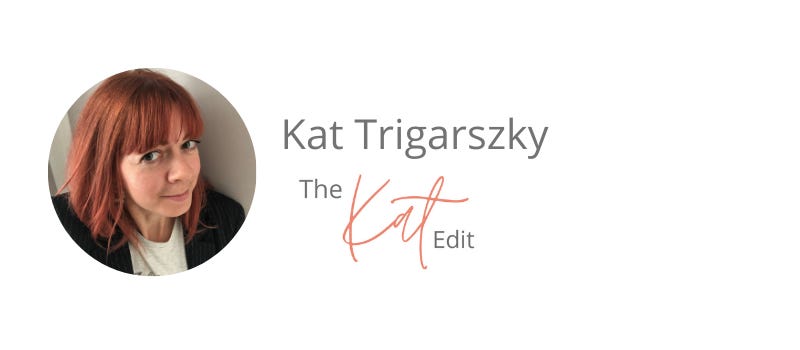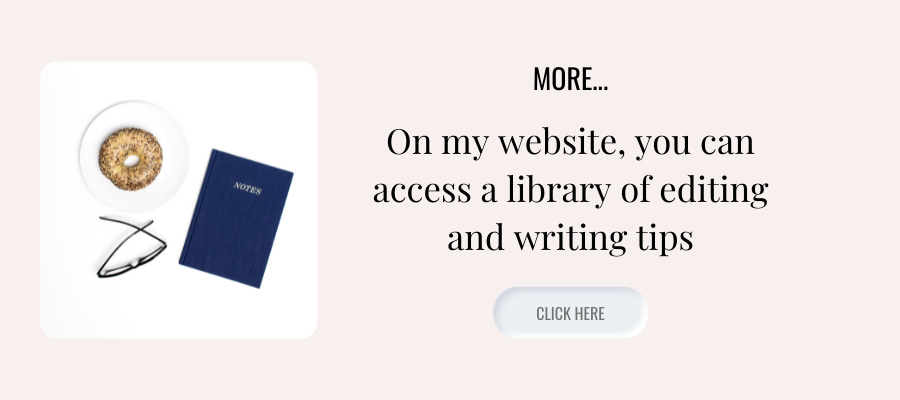Getting smart about apostrophes

Getting smart about apostrophes
A quick thanks to everyone on Instagram who told me what they’d most like to write about next. You gave me some wonderful ideas for the coming newsletters, including this month’s.
The requests were broad, everything from sentence structure to prepositions, commas and those tricky apostrophes. It really highlights how hard the English language makes us work.
I have touched on some aspects of some of these topics before, including the Oxford comma, they’re/their/there, and the apostrophe in do’s and don’ts.
This month, I’m going to heed the apostrophe cry for help and look at the one mistake guaranteed to make an editor or grammar nerd cry when they see it (most often, on the internet) used incorrectly:
your / you’re
This one gets misused frequently, but it doesn’t need to be.
Often, an apostrophe is there to warn you about missing letters. In this case, it’s telling you about the missing ‘a’.
Put the ‘a’ back in and you get: you are.
So, you’re with an apostrophe for you are. And your for when something belongs to you.
(And this is also true of its/it’s - its is the possessive and the apostrophe in it’s is there to tell you that an ‘i’ is missing from it is.)
And a final, ultimate grammar nerd tip to make you sound even smarter about apostrophes, just use the term “smart apostrophes” ;) They’re the curly apostrophes that you’ll see in Word. They are also called typographer’s apostrophes.

What I’ve been up to recently
In the past few weeks, I’ve made a decision about what I work on, and that decision has led to me to step down as a co-host of The Swede-ish podcast.
The reason is that I want to focus more on writing and editing and on expanding these skills into new areas and I don’t want the podcast to suffer from me not giving it the commitment that it deserves.
That said, I think that the last episode that we recorded with me as a co-host is a corker, as we interviewed Lọlá Ákínmádé Åkerström. Lọlá is a writer, photographer, business owner and speaker, who both Jill and I had wanted to talk to for a long time. Her energy and enthusiasm are clear from the start of the episode, and I was so pleased that my last one with an interview with her.
So, talking of writing and editing, what have I been up to during May? It started strong and then it got stronger and kept that way. In the end, it has proven by most lucrative month of freelance life so far, made even better by me managing to book a time for my first Covid jab, too.

The blue months are 2019, the pink are 2020, and the peach-coloured ones are this year. There does seem to be a trend in my freelancing and that is “feast or famine”. There is little in-between.
This month has been all about editing and translating, with very little writing done, but I cannot complain. I am sure there will be some fallow months ahead when I can get on with my own book.
And the one advantage I’ve found with these enforced breaks from writing is that the time away gives me ideas that pop into my head (invariably just as I’m falling asleep or when I’m in the shower) that I will be able to work on when I get back to the manuscript.

I am joining author Jami Attenberg’s 1,000 Words of Summer challenge with the aim of writing 1,000 words every day from 31 May to 13 June in a bid to get back on track. An additional 14,000 words would be lovely right now.
I’ve discovered that I write better on paper (sorry, trees) as then I am far less likely to edit as I go along (occupational hazard). My writing just flows better that way. I’m going to try 1,000 daily words in my notebook and see how that goes.
Another thing I have learned is to listen to my characters. If I am having a problem getting something they are doing in a scene to sound right, there’s a reason for that: it’s not something they would do.
I’ve always thought it was a bit woo-woo when I’ve heard authors talking about their characters doing something beyond the author’s control when writing. But I get it now. It does happen. In my case, it’s not that the characters act on their own but that the scene falls totally flat when I try to force them into something.
You live and learn, eh?
What I’ve been reading recently
I promise this month’s books aren’t all historical fiction. Just two-thirds.
Between Shades of Gray - Ruta Sepetys: This was the second book that our historical fiction book club read, and it proved divisive. I was in the Did not like camp, I’m afraid, and found it disappointing and very light on characterisation. I don’t know what more I can say without spoiling the story, but I was not happy with the ending.
Dear Mrs Bird - A.J. Pearce: Another historical fiction and, wouldn’t you just know it, another one set during the Second World War. I loved this one. Funny, charming, touching, I read this one in a few days. I hear there is a sequel. I want to get my hands on that.
Wow, No Thank You - Samantha Irby: Please read this book. Buy it, borrow it, just read it. These essays by Samantha Irby are hilarious and poignant and are perfect for anyone in or approaching their 40s. She nails exactly what it feels like as you hit your 40s and find yourself clinging on as the years whoosh past at ever-increasing speed.
My reading also suffered this month, but I’m hoping to carve out some more time for that, too, in June.
Until the next time,
Was this newsletter forwarded to you? Click to subscribe.
If you like this newsletter, you can buy me a virtual coffee - coffee always keeps me going ☕
If you’d like to get in touch, please do ping me an email.




